What ‘Attack on Titan’ Can Teach You About Stress and Survival Psychology – Discover how this powerful anime reveals deep insights into trauma, resilience, fear responses, and mental strength.
Attack on Titan,” the globally beloved anime and manga series, is far more than just a thrilling story of humanity’s fight for survival against monstrous Titans.
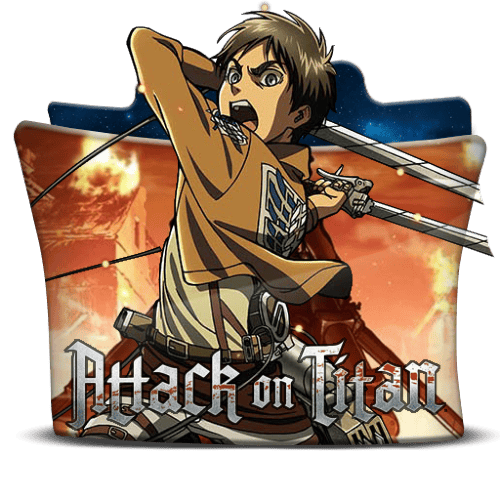
Beneath its intense action scenes and complex characters lies a profound exploration of stress, resilience, and the psychology of survival.
Whether you are a fan of anime or new to the series, “Attack on Titan” offers surprisingly relevant lessons about managing extreme stress, adapting to adversity, and understanding human behavior under pressure—lessons that resonate deeply in our own lives.
“If you win, you live. If you lose, you die. If you don’t fight, you can’t win!” — Eren Yeager
This one line, spoken by Eren Yeager in Attack on Titan, doesn’t just define the high stakes of the anime—it powerfully captures the intersection of stress and survival psychology.
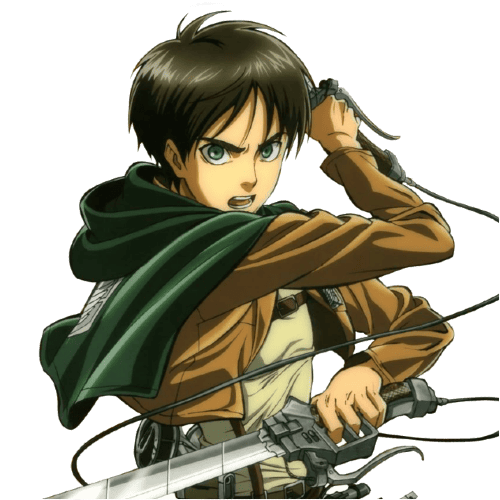
Though Attack on Titan (or Shingeki no Kyojin) is a work of fiction set in a brutal world, its themes offer deep insights into how humans respond to extreme pressure, trauma, and existential threats.
In this blog article, we’ll explore what lessons Attack on Titan holds for our understanding of stress, resilience, and survival psychology.
Each section is designed to be engaging, easy to understand, and relatable, even if you’re not an anime fan.
Understanding Stress Through the Lens of ‘Attack on Titan’
Stress is a natural reaction to danger, uncertainty, and high demands. In “Attack on Titan,” characters live in a world under constant threat, illustrating how acute and chronic stress can shape human thoughts, emotions, and behaviors.
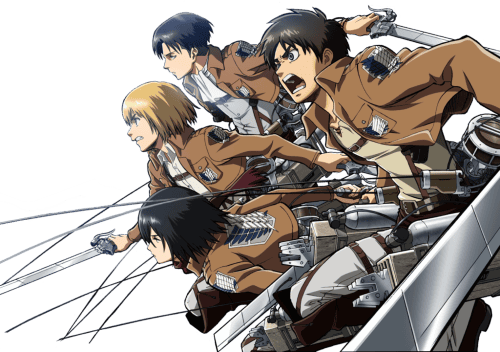
1. The Psychology of Fear: How Titans Represent Our Stressors
In Attack on Titan, humanity lives in constant fear of Titans—mindless, monstrous beings that devour humans without reason. This mirrors how stress and anxiety operate in real life:
“The world is a cruel place, but it’s also very beautiful.” – Mikasa Ackerman
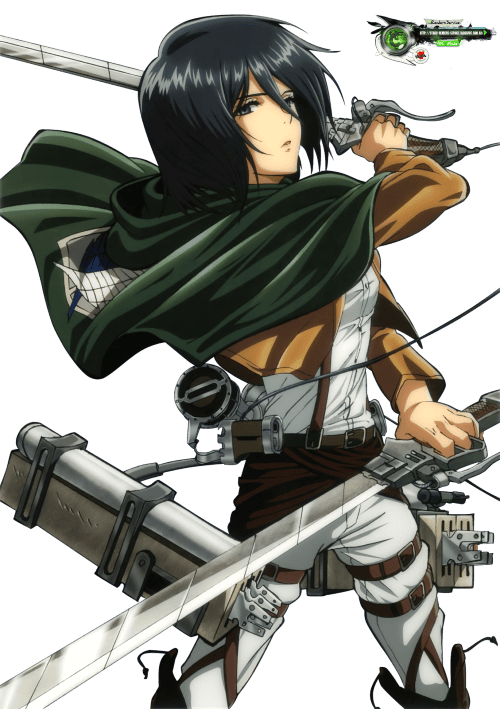
- Titans = Overwhelming Stressors – Just as Titans are an ever-present threat, stress can feel like an unstoppable force looming over us.
- Walls = Coping Mechanisms – The three walls (Maria, Rose, and Sina) symbolize how people build emotional barriers to protect themselves from trauma. But what happens when those walls break?
- Fight or Flight Response – Characters like Eren embody aggression (fight), while others like Armin rely on strategy (flight). Both are survival responses we use in high-pressure situations.
Real-Life Lesson:
Recognize your “Titans” (stressors) and understand whether your coping mechanisms (walls) are helping or trapping you. Sometimes, facing fear head-on—like Eren—is necessary for growth.
2. Trauma and PTSD: The Scars That Shape Us
“Everyone had to be drunk on something to keep pushing on.” – Kenny Ackerman
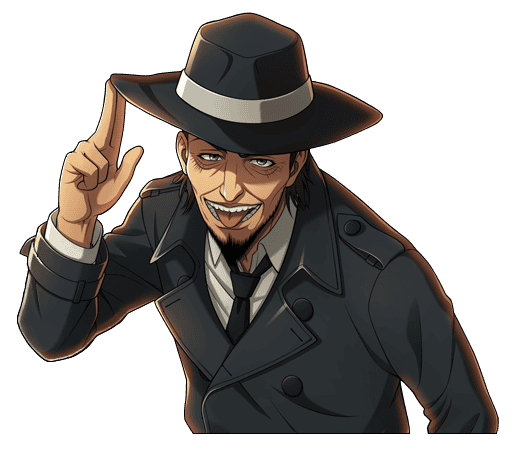
Many characters in Attack on Titan suffer severe trauma:
- Eren Yeager: Witnesses his mother’s death, fueling his rage and obsession with freedom.
- Levi Ackerman: Loses his entire squad multiple times, hardening his emotional detachment.
- Reiner Braun: Develops a split personality due to unbearable guilt and stress.
These portrayals reflect Post-Traumatic Stress Disorder (PTSD), where trauma alters behavior, decision-making, and emotional responses.
Real-Life Lesson:
Trauma changes people, but it doesn’t have to define them. Seeking support (therapy, community, self-care) is crucial—just as characters like Mikasa find strength in bonds rather than isolation.
3. The Will to Survive: Adapt or Perish
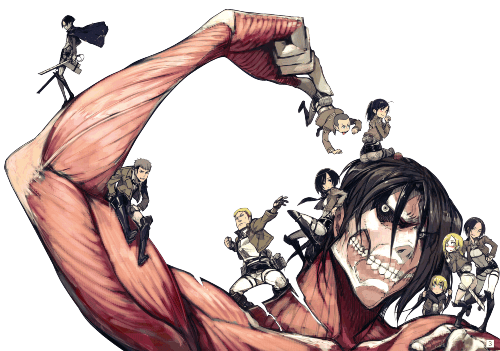
“If you don’t fight, you can’t win!” – Eren Yeager
Survival in Attack on Titan depends on adaptability:
- Scouts (Survey Corps) – Constantly innovate (ODM gear, new strategies).
- Erwin Smith – Makes brutal sacrifices for long-term survival.
- Zeke Yeager – Believes some must be sacrificed for a greater cause.
This mirrors Darwin’s survival theory—those who adapt best endure. In stressful situations (work, personal crises), flexibility and resilience determine success.
Understanding Human Behavior in Life-or-Death Situations
“Attack on Titan” offers a rich study in how people behave when their lives are on the line—a key interest in survival psychology.
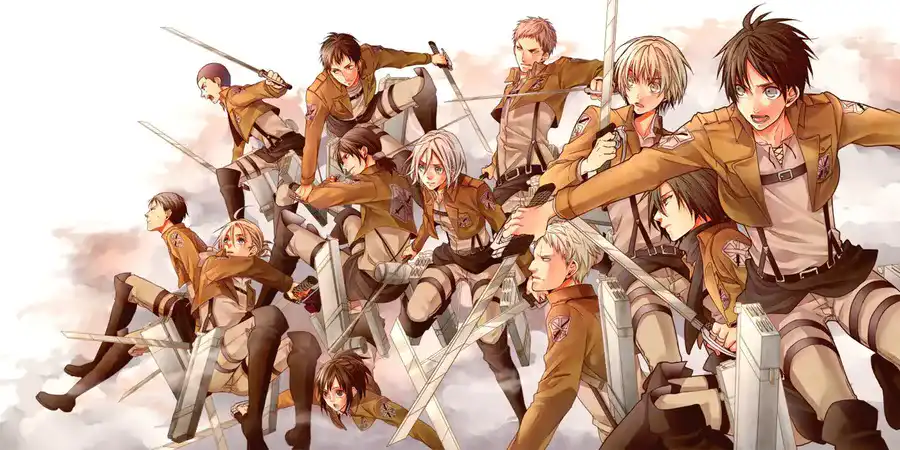
Fight, Flight, or Freeze: Diverse Responses to Danger
The series shows a spectrum of responses:
- Fight: Characters like Eren exemplify aggression and confrontation.
- Flight: Some exhibit avoidance or denial initially but learn to face danger.
- Freeze: Moments of paralysis and indecision are portrayed realistically.
These responses mirror real-life acute stress reactions and emphasize that no single reaction is “wrong”—survival often involves shifting between these modes depending on context.
Real-Life Lesson:
When faced with stress:
1. Adapt (learn new skills, change strategies).
2. Persist (keep moving forward, like Eren).
3. Don’t freeze (inaction leads to defeat).
4. Leadership Under Pressure: Erwin vs. Levi
“Attack on Titan” presents some of anime’s most memorable leaders, none more so than Erwin Smith and Levi Ackerman. Both command immense respect, but their approaches to leading under extreme pressure differ greatly.
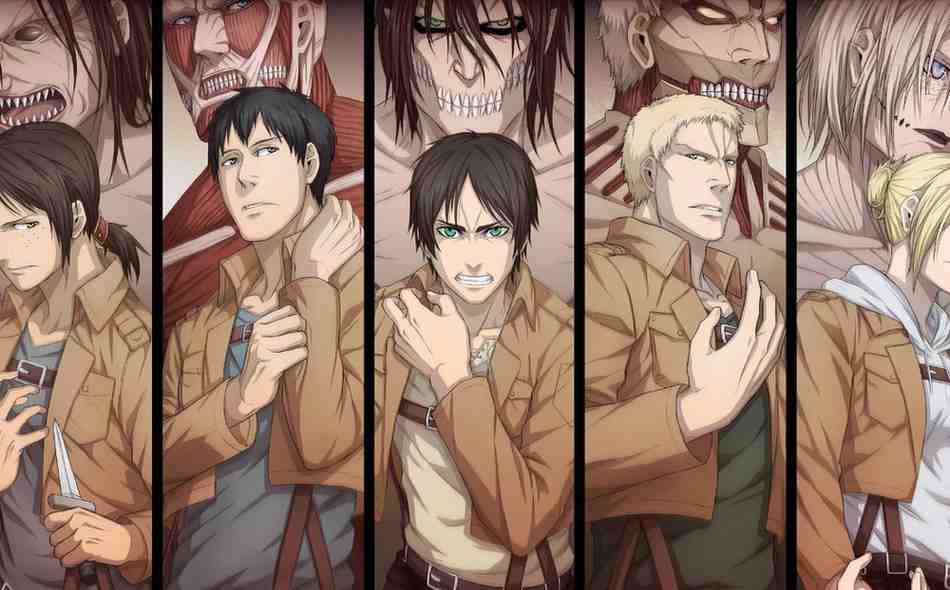
Good leadership, like that shown by Commander Erwin Smith, is vital in maintaining morale, fostering group cohesion, and encouraging adaptive risk-taking—even when the situation appears hopeless.
“A leader who can’t risk his own life can never take the lives of others.” – Dot Pixis
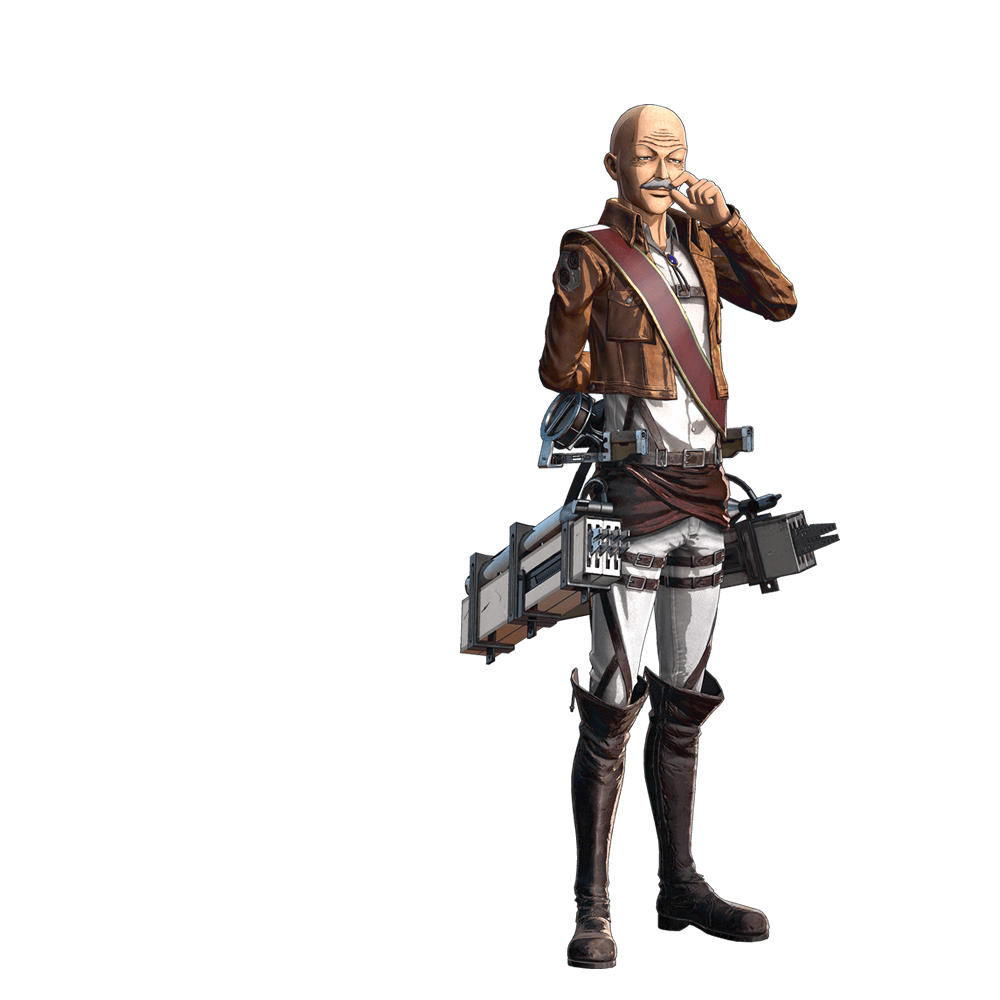
Leadership in Attack on Titan is about making impossible choices:
| Leader | Style | Lesson |
|---|---|---|
| Erwin Smith | Strategic, sacrifices many for victory | Sometimes, hard choices are necessary |
| Levi Ackerman | Pragmatic, focuses on key objectives | Efficiency under pressure saves lives |
| Hange Zoë | Curious, innovative | Creativity solves unsolvable problems |
Erwin Smith & Levi Ackerman Leadership Comparison:
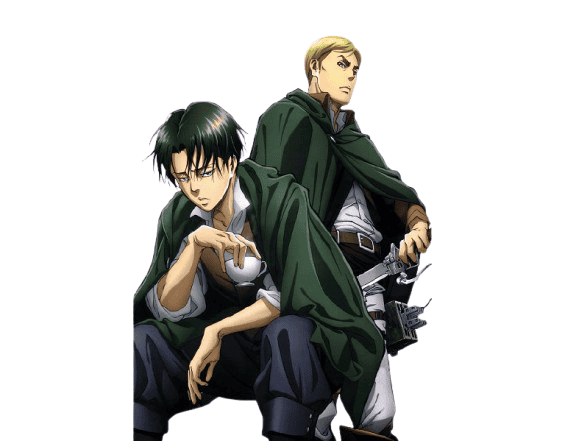
| Aspect | Erwin Smith | Levi Ackerman |
|---|---|---|
| Leadership Style | Visionary, inspires self-sacrifice, delegates, moral purpose | Tactical, hands-on, leads by example, highly protective |
| Relationship With Troops | Commands loyalty through trust and bold strategy | Earns trust through action and discipline |
| Crisis Response | Remains calm, uses speeches to rally morale | Takes decisive, direct action in chaos |
| Risk Approach | Willing to sacrifice all for the greater good | Cautiously minimizes casualties |
| Notable Flaw | Can appear detached, sometimes too willing to risk lives | Struggles with guilt, burdened by loss |
Practical Takeaways from ‘Attack on Titan’ for Managing Stress and Enhancing Survival Skills
- Stay Present and Observe: Practice mindfulness to maintain clarity in stressful moments.
- Build a Support Network: Lean on trusted friends or communities; isolation adds to stress.
- Develop Mental Flexibility: Be ready to adapt strategies as situations change.
- Acknowledge Your Emotions: Rather than bottling them up, understand and regulate feelings responsibly.
- Cultivate a Sense of Purpose: Define what you are fighting for—it fuels resilience.
- Learn from Setbacks: Mistakes and failures are learning opportunities, not signs of defeat.
Real-Life Lesson:
In high-stress environments (work, personal life), leadership means:
1. Decisiveness (no perfect choices exist).
2. Accountability (owning your decisions).
3. Empathy (understanding team morale).
5. The Cost of Revenge: Eren’s Downfall
Eren Yeager, the protagonist of “Attack on Titan,” transforms dramatically throughout the series. Initially driven by grief, anger, and a burning desire for revenge against the Titans who destroyed his home and killed his mother, Eren’s single-minded pursuit sets him on an irrevocable path.
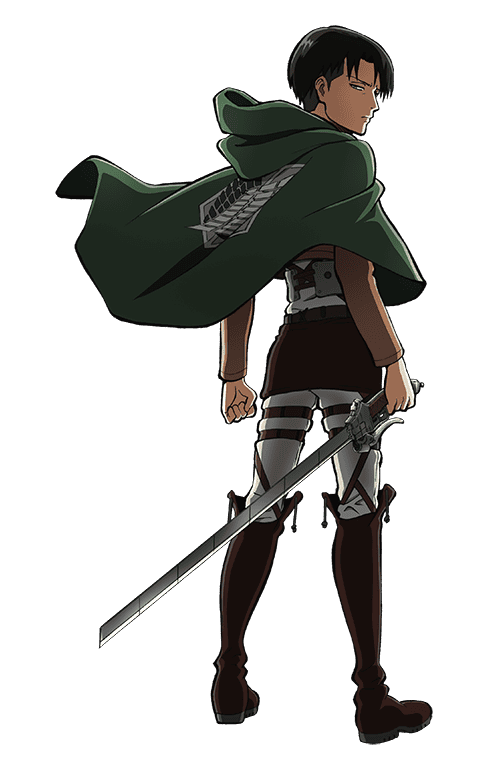
As the story unfolds, his quest for vengeance grows more complex, eventually becoming a cautionary tale about the destructive power of revenge.
“I’m free… No matter what happens, I am free.” – Eren Yeager (Final Season)
How Revenge Consumed Eren
- Motivation Turns Obsession: Eren begins as a relatable figure, traumatized by loss and seeking justice. However, as revelations about the world and Titans emerge, his sense of justice warps into a thirst for revenge not just against individual enemies, but entire nations.
- Moral Ambiguity: In the later arcs, Eren’s actions blur the line between hero and villain. He justifies extreme violence and sacrifices innocent lives, believing it’s the only path to true freedom and safety for his people.
- Isolation: Eren’s relentless focus on revenge alienates his closest friends—Armin, Mikasa, and others in the Survey Corps. He becomes emotionally distant, unable to trust or accept other perspectives.
Eren’s journey shows how anger and revenge consume a person. His obsession with freedom leads to self-destruction—a cautionary tale about unchecked rage.
Real-Life Lesson:
Holding onto hate (toward a job, person, or past event) only hurts you. Letting go (forgiveness, acceptance) is true strength.
Frequently Asked Questions (FAQs): Stress and Survival Lessons from Attack on Titan
Q2. How does “Attack on Titan” portray trauma realistically?
The characters exhibit symptoms such as PTSD, grief, and survivor’s guilt. The story respects the complexity of trauma without glamorizing it.
Q3. Is “Attack on Titan” suitable for everyone?
Due to intense violence and themes of existential fear, it’s best suited for mature audiences who can process distressing content thoughtfully.
Q4: What's the biggest psychological lesson Attack on Titan offers?
Arguably, it's the profound insight into how humans react to existential threats and moral ambiguity.
It forces viewers to confront difficult questions about freedom, sacrifice, vengeance, and what it truly means to be human in a world designed to break you. It shows the spectrum of human response, from despair to extraordinary courage.
Q5. How can the lessons from “Attack on Titan” be applied to everyday life?
Lessons on mindfulness, community reliance, emotional regulation, and purposeful action are universal and can help people cope with daily stressors.
How to Apply Attack on Titan Lessons to Everyday Life
Here’s a guided framework built from these themes:
1. Recognize psychological walls and let stress out.
- Identify hidden worries or unaddressed fears.
- Practice mindfulness or journaling to bring them to the surface.
2. Identify your primary stress response.
- Do you freeze, fight, or flee in times of pressure?
- Experiment with techniques: breathing, small exposures, rehearsals.
3. Clarify your purpose.
- What motivates you deeply?
- Write or revisit your core goals and values.
4. Strengthen your support systems.
- Invest time in trusted relationships.
- Share your burdens; ask for help.
5. Practice exposure and training.
- Simulate stressful scenarios in low-risk contexts.
- Gradually increase the difficulty to build confidence.
6. Process trauma and moral conflict.
- Seek therapy, peer support, or reflective practices.
- Name your guilt or regrets and explore meaning, not shame.
7. Stay flexible.
- Be open to new strategies and changing circumstances.
- When old methods fail, pivot quickly.
8. Cultivate realistic hope.
- Track small wins.
- Focus on what’s controllable.
- Remind yourself of life’s beauty amid struggle.
Conclusion:
“Attack on Titan” masterfully encapsulates the human struggle against relentless stress and threats, offering a profound psychological map of survival.
From embracing resilience, understanding diverse stress responses, to emphasizing the power of purpose and community, the series teaches invaluable lessons that go beyond its dystopian setting.
By taking these lessons to heart, we can better navigate our own life’s giants—whether they be anxiety, uncertainty, or adversity—and emerge stronger on the other side.
Remember Eren’s words:
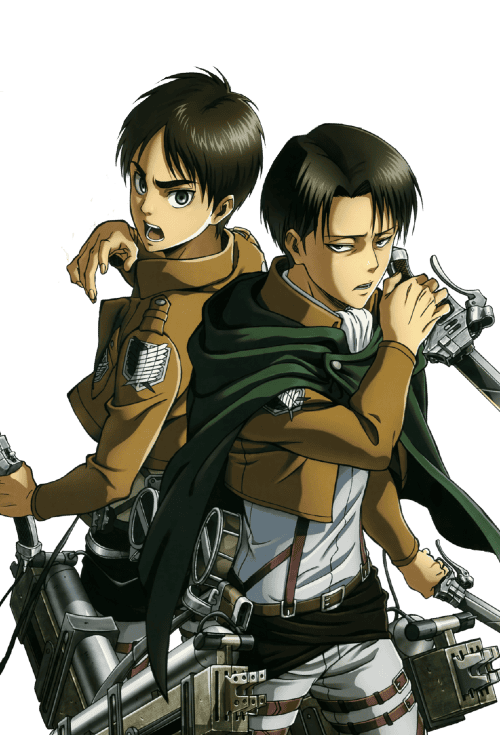
“If you don’t fight, you can’t win.”
And sometimes, fighting means learning when to step back, regroup, and adopt a new strategy to survive and thrive.
Other Interesting Posts To Read:
ONEPIECE Zoro’s Unshakable Mind: How Meditation Turns Haki Into Habit
What Demon Slayer Teaches Us About Mental Health and Breathing Techniques
How Goku’s Diet and Workout Routine Can Inspire a Healthy Lifestyle
7 Life-Saving Health Lessons from Naruto’s Ninja Training (Yes, Seriously!)
The 7-Day Challenge to Cultivate Financial Awareness in Your Daily Life
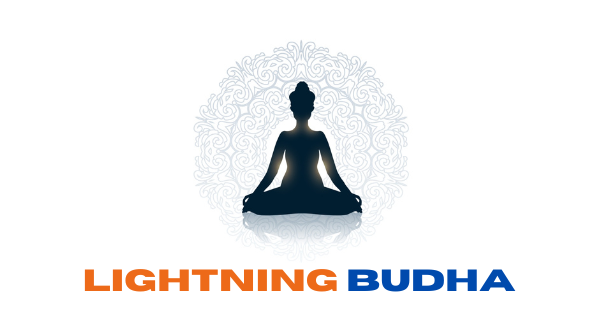
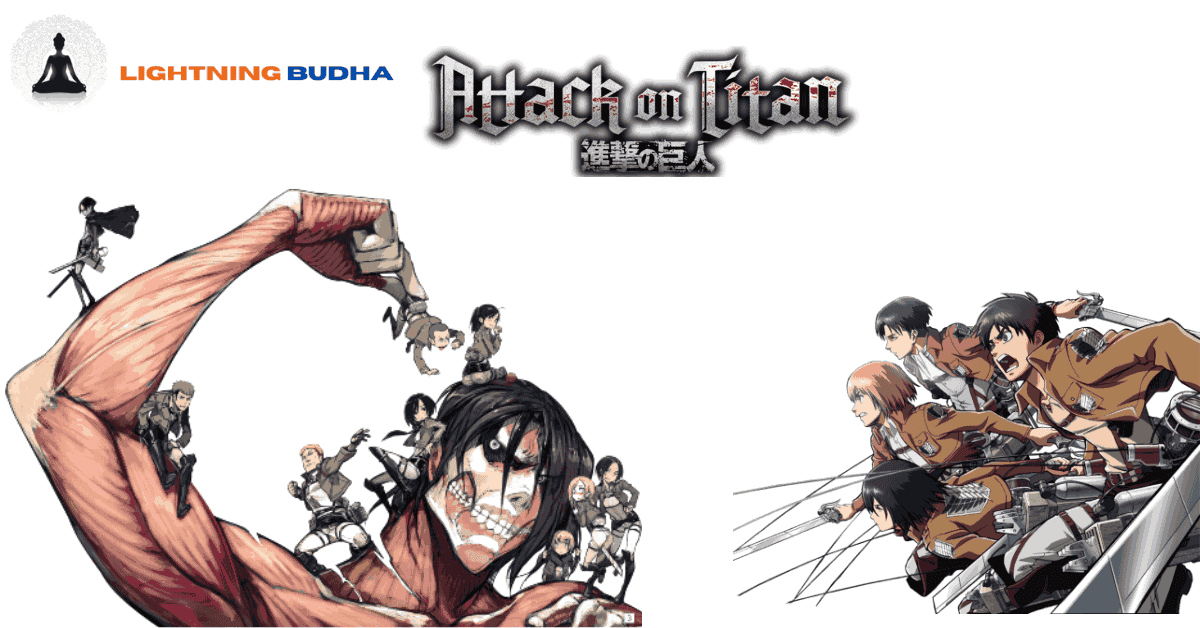
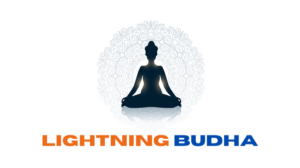
[…] What ‘Attack on Titan’ Can Teach You About Stress and Survival Psychology […]
[…] What ‘Attack on Titan’ Can Teach You About Stress and Survival Psychology […]